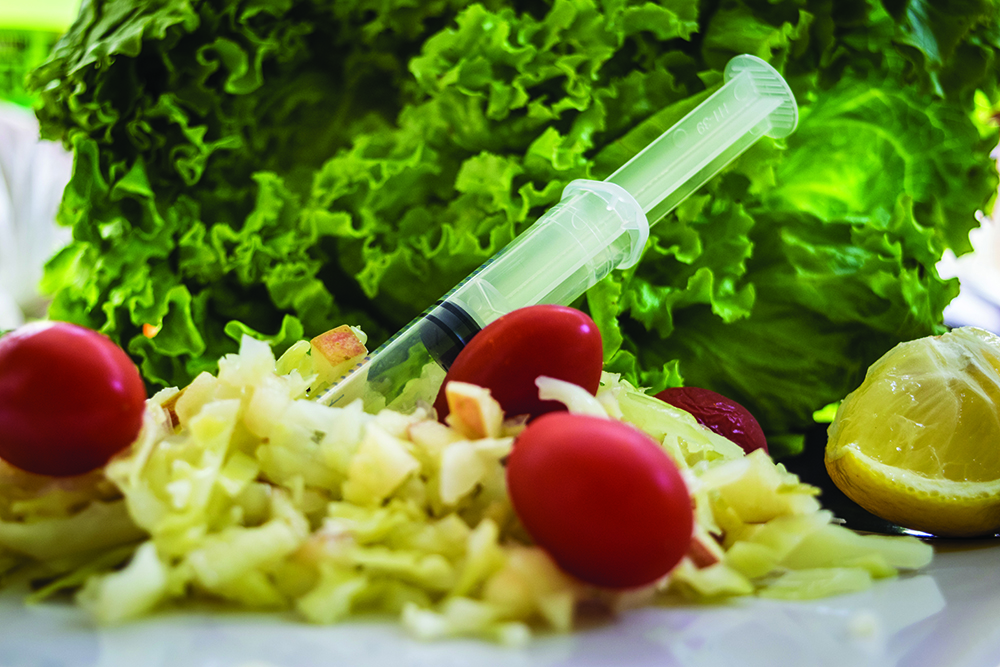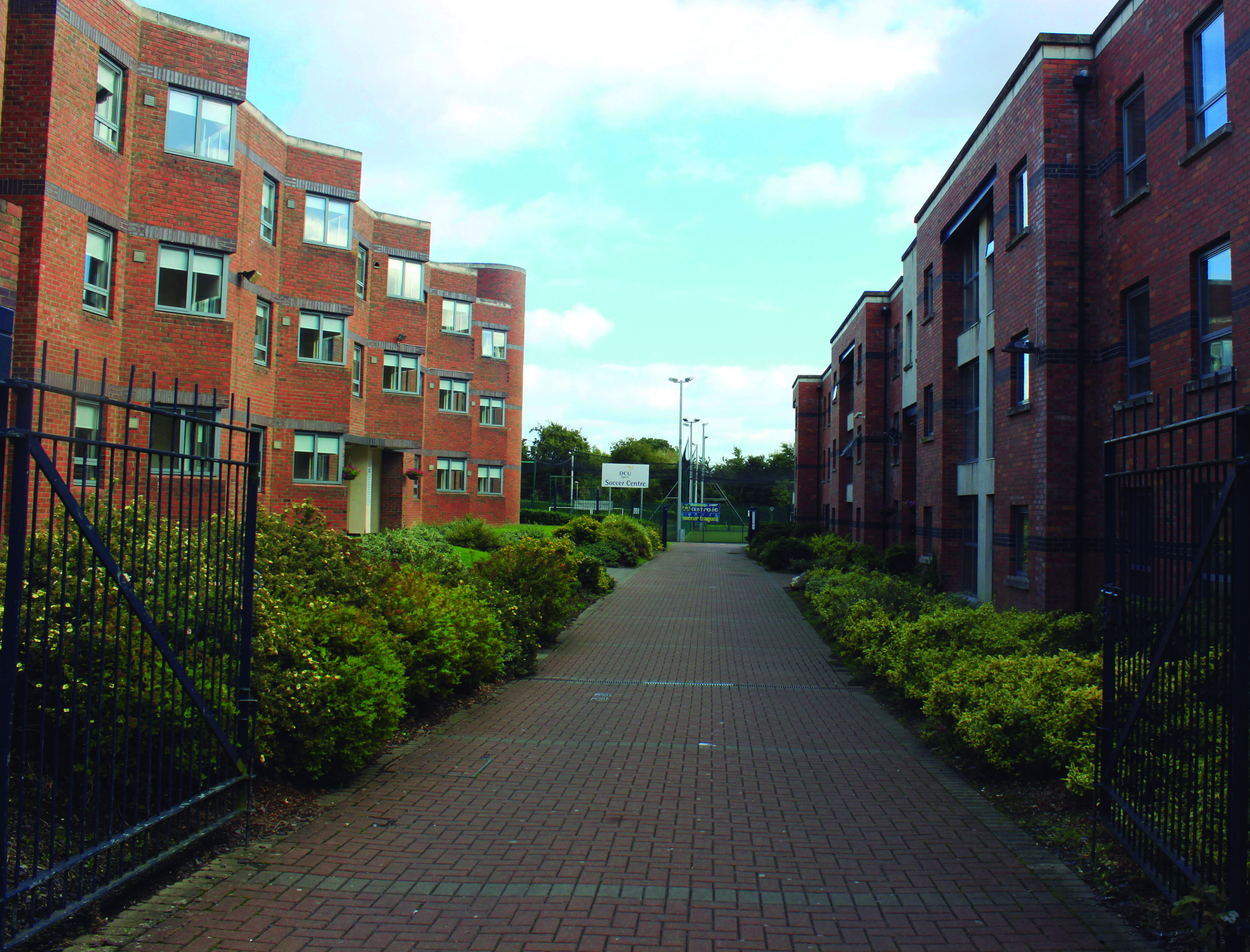
[dropcap]A[/dropcap]nother fall has crept up on us, which means another year back in the DCU corridors and classrooms. Some of us are now entering our third year – the final year – and maybe this year we’ll actually manage to stay on top of life. Hence: less partying and eating bad food, and more focusing on college work and spending serious time at the gym.
The concept seems possible, even achievable, and you manage to make all the right decisions – up until you set foot in the canteen on the first Monday back. The long summer break was apparently long enough to forget what the selection looked like. What we have to work with here is still frozen and bland pieces of avocado in the tiny salad bar, still barely no healthy (read: ACTUALLY healthy) snacks and still no microwaves. It might be easier said than done, to make these healthy life choices happen.
If what you’re looking for in a lunch is lasagne, chips, roast turkey with stuffing or creamy pasta with bacon, you’re sorted, but if you are diabetic, have certain allergies or if you simply try to cut sugar and carbs out of your diet, you’ll have to choose between a soup and a salad. There might also be an option of chicken or fish with vegetables in the cooked food section, if you want a bigger meal.
The salad bar, first of all, needs more options, but also better quality in what’s already there. Do the pumpkin pieces, the tomatoes and the avocado really need to be nearly frozen? DCU student Sarah McAdam who is a pescatarian and eats mainly fish, vegetables, beans and certain grains always gets her salad in the sports centre instead, where they have a better selection. “For me, there is nothing really healthy there,” she said when asked about the food in the canteen.
Snack wise – would it be possible to sell snacks that don’t come packed in tiny plastic bags and contain 10 nuts, probably covered in chocolate, and to also offer bars that aren’t in fact packed with sugar, although being displayed as a “healthy option”? How about adding little bags of carrots, chia puddings, berries or just mixed vegetables with a dip or a hummus? For the soups, maybe an option of a full grain cracker or protein bread to go with it could be added, instead of a baguette?
Last but not least: microwaves. Where are they? As a student at one of Ireland’s biggest colleges – and in many aspects, one of the best – you’d really think bringing your own food would be possible. More than ever if the restaurants on campus don’t offer options that suit you.
“My diet would be something I take seriously,” DCU student Luke Bailey said as he finished his homemade meal, a habit he’s sticking to most days of the week.
On the question “should the canteen provide microwaves?” a majority of the students asked answered with a “definitely” or “totally”. For Bridget Fitzhenry, who has Type 1 Diabetes and Celiac Disease, a microwave would “be really useful,” especially ever since the Celiac salad bar was removed. Now she mainly brings her own cold food.
It’s also a matter of money, something most students generally don’t have a lot of, so the option of bringing your own food with you to college should, no doubt, be a given.
According to Joanne Leeper who’s been working in the canteen for 20 years there is nothing left to be asked for when it comes to the canteen product selection and menu: “It’s lovely. There is a choice for everything.” And microwaves? Well, there is one, but using it seems to be a staff privilege. Due to ‘contamination’ from lunch boxes that are “laying around in people’s bags all day” it is not allowed, she explained. “We’re not allowed to bring in outside food,” she said.
The students on the other hand, seem to have a slightly different opinion on the canteen selection, at least the ones who are trying to maintain a healthy diet. When it comes to the salad bar, the overall opinion seems to be that is needs more options, and better ones.
It’s clear that DCU needs to step it up a few notches when it comes to nutrition awareness. According to several studies, by reducing your sugar and carb intake you will; lower your blood pressure (high blood pressure can lead to heart diseases), reduce the risk of inflammation by cutting carbs that contain C-reactive protein (that is a known marker for inflammation), and on top of that you will stop feeding your sugar addiction which is suggested by scientists to be just as habit-forming as cocaine or nicotine.
For Edina Zejnilovic, who got diagnosed with diabetes type 1 during the summer, diet has suddenly become an all-day-everyday query for her and a good selection of healthy, low carb, food is crucial: “I feel like I can’t eat there anymore”.
Not only is the current level of knowledge making it an unnecessary challenge for diabetics and special dieters to maintain a healthy lifestyle, but the value for anyone of eating right should be considered. Making the right choices when it comes to food really shouldn’t be that hard.
Elsa Anderling
Image Credit: Daria Jonkisz



